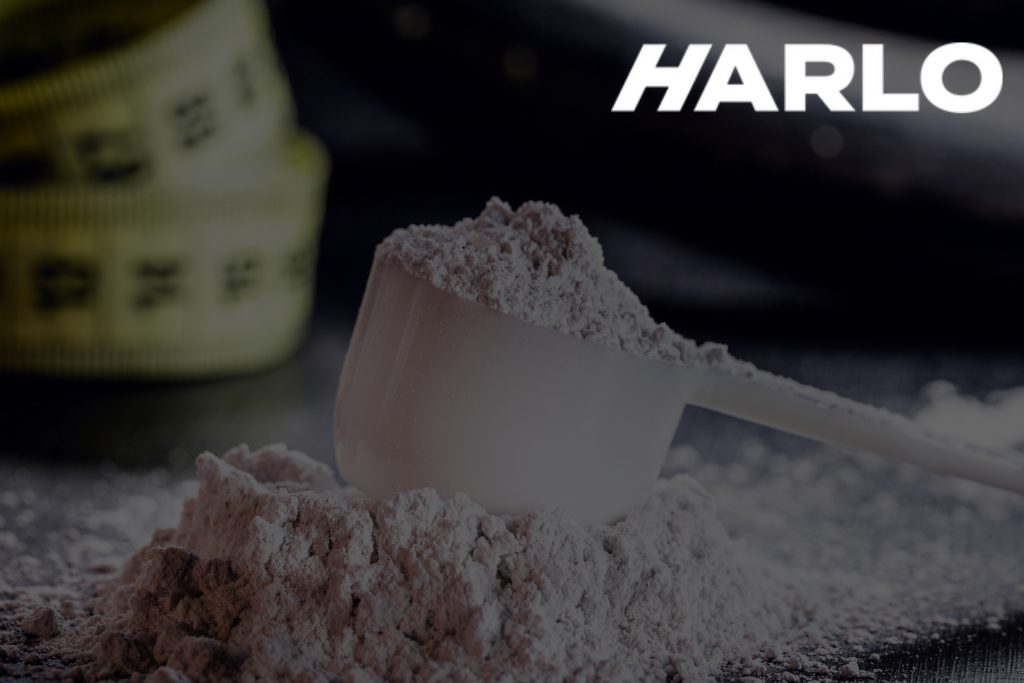Collagen supplements have gained popularity in the health and beauty industry, promising to improve skin elasticity, joint health, and overall appearance. But do these supplements really live up to their claims? With so many conflicting opinions and information available, it can be difficult to determine if collagen supplements are worth the investment.
Collagen is the most abundant protein in the body, playing a crucial role in maintaining skin strength and elasticity, as well as supporting joint health. As we age, our body’s natural collagen production decreases, leading to wrinkles, joint pain, and other signs of aging. Collagen supplements are marketed as a way to replenish and boost collagen levels in the body, but do they actually work?
Before jumping on the collagen supplement bandwagon, it’s important to understand the science behind these products and whether they can truly deliver on their promises. In this article, we will explore the efficacy of collagen supplements and provide insight into whether or not they are a worthwhile addition to your daily routine.
What is Collagen?
Collagen is the most abundant protein in the human body, comprising around 30% of the total protein content. It is a crucial component of connective tissues, including bones, tendons, ligaments, cartilage, and skin. Collagen is characterized by its unique triple helix structure, composed of three protein chains wound together like a rope. These chains are rich in amino acids like glycine, proline, hydroxyproline, and arginine, which contribute to collagen’s remarkable properties.
Collagen serves various essential functions in the body. Firstly, it provides structural support, offering strength and resilience to connective tissues. This is particularly evident in bones, where collagen provides a framework for mineral deposition, enhancing bone strength and preventing fractures. In tendons and ligaments, collagen allows for flexibility while maintaining their tensile strength.
Additionally, collagen plays a pivotal role in maintaining the integrity and elasticity of the skin. It forms a fibrous network that supports the epidermis, giving the skin its firmness and smoothness. As we age, collagen production declines, leading to the appearance of wrinkles and sagging skin.
Collagen also contributes to wound healing, as it forms a scaffold for new tissue growth. It attracts cells involved in the wound healing process and provides a favorable environment for their proliferation and migration. Moreover, collagen supports blood vessels, promoting efficient oxygen and nutrient delivery to tissues.
Types of Collagen Supplements
Collagen supplements have gained significant popularity in recent years as people seek to improve the health and appearance of their skin, joints, and overall vitality. Collagen is a protein that naturally occurs in the body and serves various functions, such as providing strength and structure to tissues. However, as we age, our collagen production decreases, leading to wrinkles, joint pain, and reduced elasticity. To counter these effects, many turn to collagen supplements. These supplements are available in various forms, including capsules, powders, and liquids, each offering different benefits and suitable for different individuals. Understanding the types of collagen supplements can help you choose the best option for your needs and maximize the potential benefits they can provide.
Hydrolyzed Collagen
Hydrolyzed collagen, also known as collagen peptides, is a form of collagen that has undergone a process called hydrolysis. Collagen, the most abundant protein found in the human body, is composed of amino acids and plays a crucial role in maintaining the structural integrity of various tissues.
The process of hydrolyzing collagen involves breaking down the protein into smaller peptide chains. This is achieved by subjecting collagen to high heat and enzymatic treatment. The heat and enzymes break the bonds between the amino acids, resulting in shorter peptide chains that are more easily absorbed by the body.
Hydrolyzed collagen is commonly produced from animal sources, such as cow hides, fish scales, and chicken bones. These sources are rich in collagen and are typically by-products of the meat and seafood industries. After the collagen is extracted from these sources, it is subjected to hydrolysis to yield hydrolyzed collagen.
The resulting hydrolyzed collagen has several unique properties that make it popular in various industries. Firstly, it has a significantly smaller molecular weight compared to intact collagen, which allows for better absorption and digestion. This makes it a desirable ingredient in supplements, functional foods, and skincare products.
Additionally, hydrolyzed collagen has been touted for its potential health benefits. It is believed to support joint health, promote skin elasticity and hydration, strengthen hair and nails, and even aid in weight loss. However, more scientific studies are needed to fully understand and confirm these purported benefits.
Collagen from Food
Collagen is a protein that is found in abundance in the human body, particularly in connective tissues such as skin, tendons, and ligaments. It plays a crucial role in maintaining the strength and elasticity of these tissues, helping to keep our skin firm and youthful-looking.
While many people turn to collagen supplements to improve their skin health and reduce signs of aging, there is some debate over the ir effectiveness. Collagen supplements come in various forms, including collagen peptides, hydrolyzed collagen, and collagen derived from food sources.
Collagen peptides are small chains of amino acids that are easily absorbed by the body. They have been shown to support skin health by increasing hydration, elasticity, and firmness. Some studies suggest that collagen peptides may help reduce the appearance of wrinkles and improve skin texture.
Sources of Natural Collagen in Food
Collagen supplements have gained popularity in recent years for their potential benefits in improving skin health, joint function, and overall well-being. However, there is some debate among experts and consumers about whether these supplements actually work.
While collagen supplements can be beneficial for some individuals, it’s important to note that our bodies already produce collagen naturally. In fact, there are plenty of food sources that can help support collagen production, such as bone broth, fish, and chicken. Additionally, maintaining a healthy lifestyle by eating a balanced diet, staying hydrated, and protecting your skin from sun damage can also help support collagen production in the body.
Collagen supplements come in various forms, including collagen peptides and hydrolyzed collagen. Collagen peptides are small proteins that are easily absorbed by the body and may help improve skin elasticity and hydration. Hydrolyzed collagen, on the other hand, is collagen that has been broken down into smaller particles for easier digestion. Both types of collagen supplements can be taken in powder or pill form.
Comparison between Natural Sources and Supplements
While collagen supplements have gained popularity in recent years for their potential benefits, it is important to consider the differences between natural sources of collagen found in food and supplements.
Natural sources of collagen, such as bone broth, fish, chicken, and beef, provide the body with a combination of amino acids that are essential for collagen production. These foods also contain other nutrients that are important for overall health and skin maintenance.
Collagen supplements, on the other hand, are derived from animal sources and typically contain only collagen peptides or hydrolyzed collagen. These supplements may be more concentrated forms of collagen, making it easier for the body to absorb and utilize. However, they may lack the additional nutrients found in natural sources of collagen.
Do Collagen Supplements Really Work?
Research on the effectiveness of collagen supplements is ongoing, but some studies have suggested that they may have benefits for skin health, joint health, and overall aging.
One study published in the Journal of Cosmetic Dermatology found that participants who took collagen supplements experienced improvements in skin elasticity, moisture retention, and wrinkle depth. Another study published in the Journal of Nutrition showed that women who took collagen supplements had improved joint pain and mobility.
While these studies show promising results, more research is needed to fully understand the benefits of collagen supplements. It is important to note that individual results may vary, and it is always best to consult with a healthcare provider before starting any new supplement regimen.

Conclusion
In conclusion, collagen supplements may offer potential benefits for skin health, joint health, and overall aging. However, it is important to consider the differences between natural sources of collagen found in food and supplements, as well as consult with a healthcare provider before starting any new supplement regimen. Further research is needed to fully understand the effectiveness of collagen supplements, but they may provide a convenient way to support collagen production in the body.

